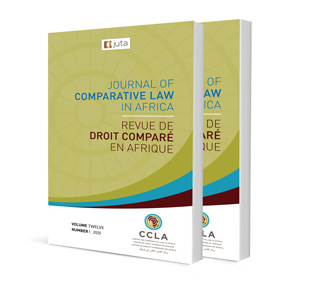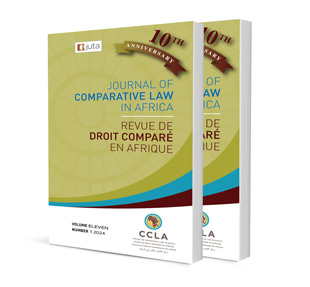Presence as a Ground for Jurisdiction in Common Law Africa

Presence as a Ground for Jurisdiction in Common Law Africa
Authors: Thomas Kojo Quansah and Theophilus Edwin Coleman
ISSN: 2521-2605
Affiliations: LLB (Ghana) LLM (UJ); Lecturer, Law School, University of Professional Studies, Accra, Ghana; Visiting Assistant Professor of Law, University at Buffalo School of Law, New York (USA); Senior Research Associate, Research Centre for Private International Law in Emerging Countries (RCPILEC), Faculty of Law, University of Johannesburg, South Africa
Source: Journal of Comparative Law in Africa, Volume 12 Issue 1, p. 103 – 145
https://doi.org/10.47348/JCLA/v12/i1a3
Abstract
Before rendering a binding judgment against a party, a court must have personal jurisdiction over that party. Courts may assume jurisdiction over a person in various ways. The oldest and most contentious method is the personal service of the defendant with the court process while they are present in the state. This basis is known as the mere presence, temporary presence, or physical presence rule, which originates from English common law. Under common law, the defendant’s presence within the court’s jurisdiction remains one of the primary bases for the court to assume jurisdiction over a civil action. The physical presence grounds for jurisdiction have recently faced significant challenges and criticisms from some scholars. Others contend that it is still relevant, primarily for the reasons behind its original justification. There is also the question of how the presence of a legal person is determined for establishing a court’s jurisdiction. Considering the foregoing, re-examining presence as a ground for jurisdiction appears warranted. This article, therefore, investigates presence as a basis for jurisdiction, its history, and the presence of natural and legal persons. Given the various common law countries with somewhat divergent approaches, a comparative study of relevant countries will be conducted, leading to pertinent observations, remarks, and recommendations regarding the way forward. With recent technological developments and advancements in common law African countries, this article explores whether the presence doctrine is an appropriate tool for courts to exercise jurisdiction.
